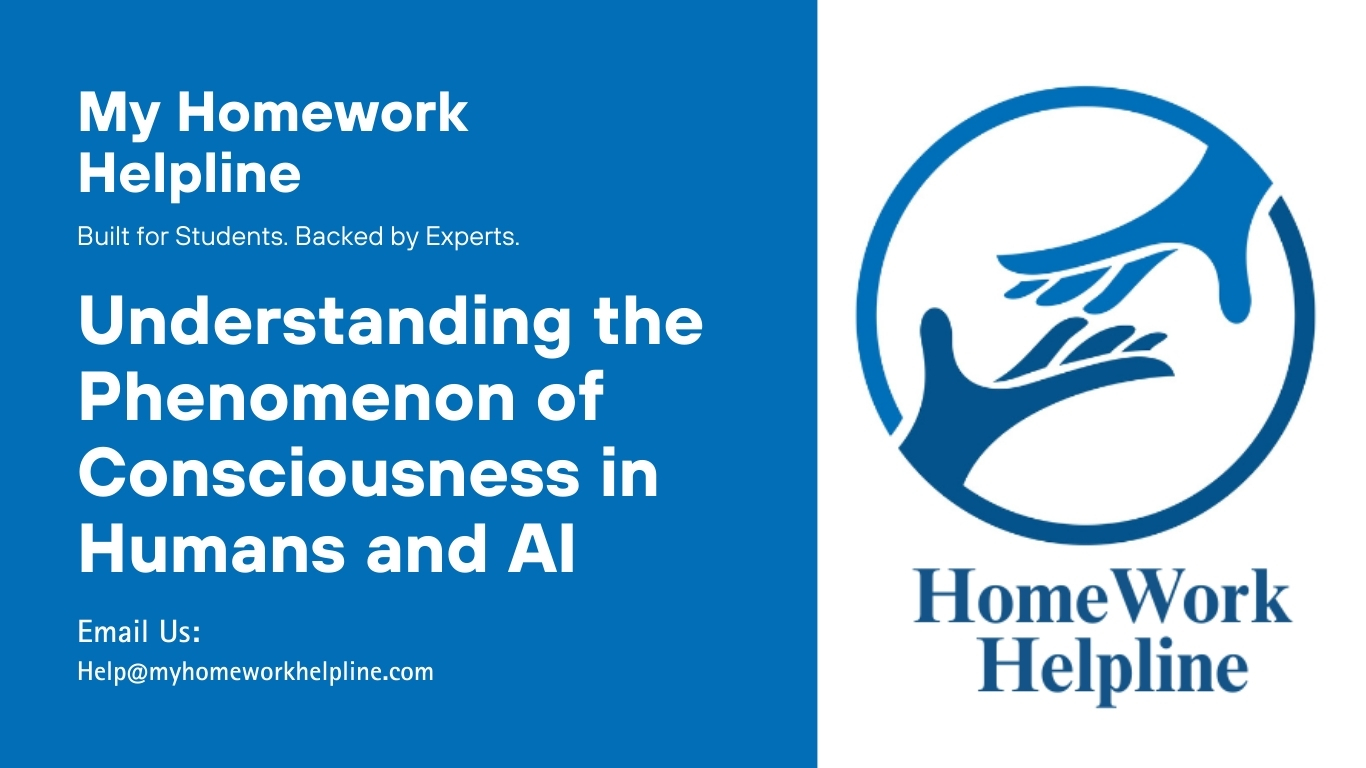Phenomenon of Consciousness: Human vs Artificial Intelligence
Article Link: https://www.frontiersin.org/articles/10.3389/fpsyg.2019.01535/full Introduction Phenomenal consciousness refers to the feeling an individual has to be self. Recently, the development of robots has advanced at a faster pace. The article was ideal as there has been a debate about whether machines can have consciousness. The rise of Artificial intelligence has led to the argument about the […]










